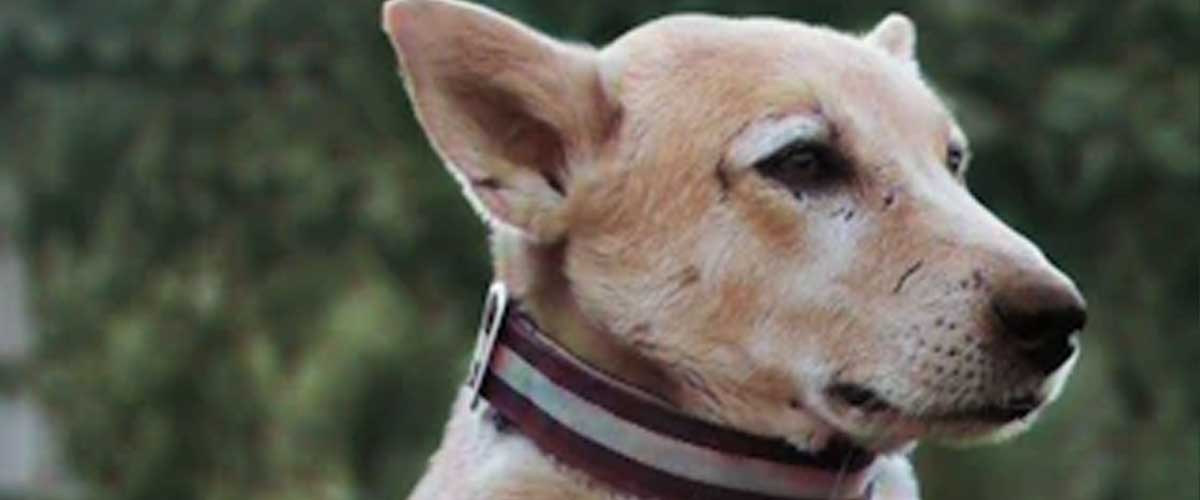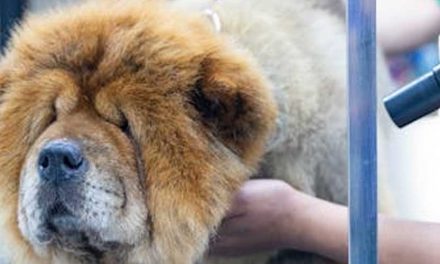The Carolina Dog, also known as the American Dingo, is a unique and fascinating breed that has captured the hearts of many dog enthusiasts.
Native to the southeastern United States, particularly the Carolinas, this breed is often praised for its versatility, intelligence, and adaptability.
Understanding the Carolina Dog’s origins, characteristics, and care requirements can help potential owners appreciate this remarkable breed.
Historical Background
The Carolina Dog is believed to be a descendant of ancient dogs that cohabited with Native Americans thousands of years ago.
These canines were known for their excellent hunting skills and ability to thrive in diverse environments.
Over generations, the Carolina Dog adapted to the wild and semi-wild landscapes of the South, developing traits that suited its surroundings.
The breed was officially recognized by the American Kennel Club (AKC) in 2018, although it had been a part of the American landscape long before that.
Its survival in the wild among other native wildlife is a testament to its natural instincts and resilience.
Physical Characteristics
The Carolina Dog is medium-sized, typically weighing between 30 to 65 pounds and standing about 18 to 24 inches tall at the shoulder.
They have a slim, athletic build, which contributes to their agility and endurance.
Their fur is short and can come in various colors, including tan, red, and yellow, often with white markings on the chest and paws.
One of the breed’s most distinguishing features is its curved, fox-like tail.
Their ears are erect and triangular, adding to their alert expression.
Overall, the Carolina Dog presents a very natural and wild appearance, reminiscent of its dingo ancestry.
Temperament and Behavior
The Carolina Dog is known for its friendly yet independent nature.
These dogs are highly intelligent and curious, making them quick learners.
While they possess a strong protective instinct towards their home and family, they are generally good with children and other pets if socialized properly.
Their independence can sometimes lead to stubbornness, so consistent training methods that tap into their intelligence while incorporating positive reinforcement are essential.
Regular socialization and exposure to various environments are crucial from a young age to ensure a well-adjusted adult dog.
Exercise and Care
As an active breed, Carolina Dogs require ample exercise to keep them happy and healthy.
Daily walks, playtime in a secure yard, and opportunities to explore are essential for their well-being.
They thrive in homes where they have the freedom to roam and explore, reflecting their historical relationship with the wild.
In terms of grooming, the Carolina Dog has minimal requirements due to its short coat.
Regular brushing can help manage shedding, particularly during seasonal changes.
Additionally, routine health check-ups and a balanced diet are vital to keep them in optimal condition.
Living with a Carolina Dog
The ideal living environment for a Carolina Dog is one that offers space and mental stimulation.
They thrive in homes with fenced yards or access to open spaces where they can exercise and explore safely.
Apartment living may be suitable for an active owner who can provide ample outdoor exercise and adventures.
This breed is known for its loyalty and bonds closely with its family.
They enjoy being part of household activities and often thrive on companionship.
With proper training, socialization, and care, a Carolina Dog can be an excellent family pet and a loyal companion.
Conclusion
The Carolina Dog is a breed that embodies the spirit of the American South, rich in history and character.
With their unique blend of independence, intelligence, and loyalty, they make wonderful companions for those willing to engage with them physically and mentally.
For anyone considering adding a Carolina Dog to their family, rest assured that you will gain not just a pet, but a devoted friend with a fascinating lineage.










